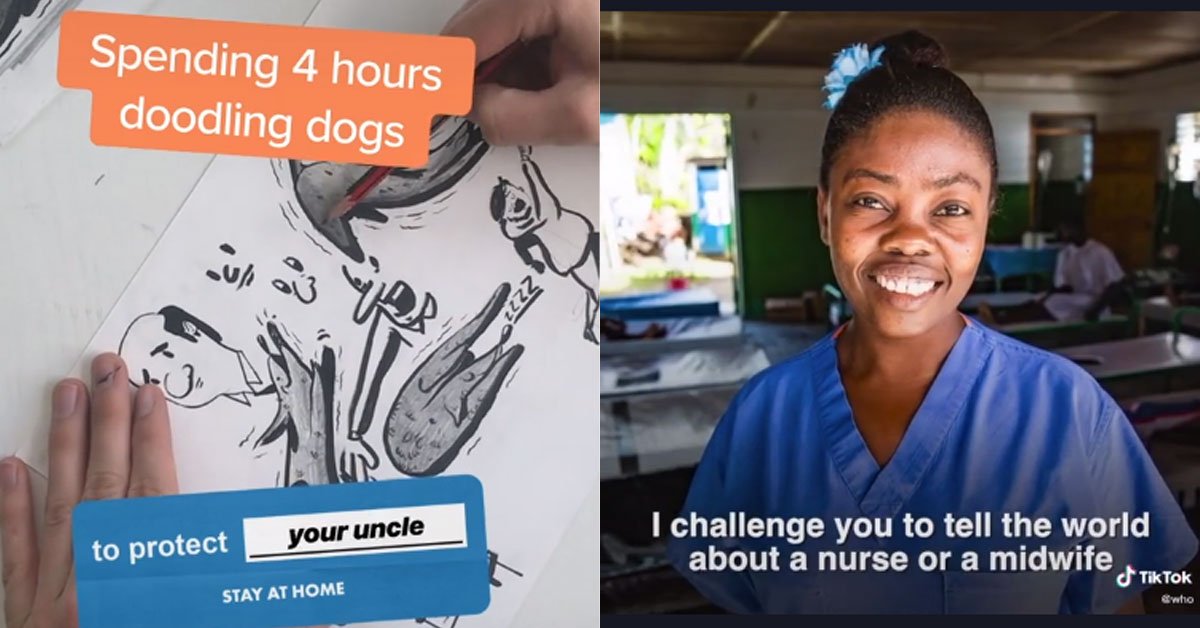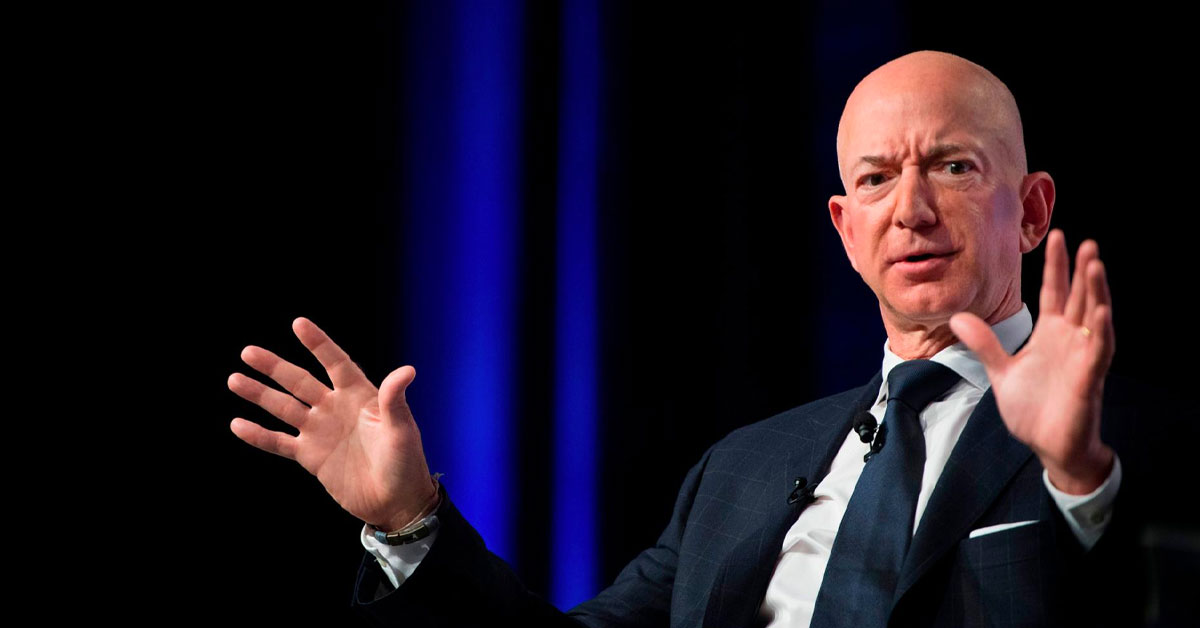Guess WHO’s on TikTok now.
Reader Bao: Who?
Uh…WHO lah.
Reader Bao: You trying to be funny with me, boy?
No, I mean-
Reader Bao: That’s it, come here you.
Jokes aside, if you’re a TikTok or Snapchat user, you’ll probably spot an uncle trying to mix and be cool with the younger people.
And unlike most uncles, they’re not doing it to creep on xmms.
They’re doing it “for your own good”.
Reader Bao: Hey…wait a minute, that sounds familiar.
WHO Using TikTok to Spread Message About COVID-19 to Teenagers
The World Health Organisation (WHO) is taking to TikTok to spread truths and debunk myths about Covid-19 to the younger people.
They have started working together with TikTok and Snapchat to battle misinformation that’s spread every day by spreading some science-based messages of their own or videos asking people to stay home.
Here’s one such post:
Here’s a science-based one that talks about vaccines:
And because we’re cool enough to know that TikTok is all about hashtags, WHO even has their own hashtagged challenge on the platform.
The #ThanksHealthHeroes Challenge challenges young people to “tell the world about a nurse or a midwife” who they are personally grateful to.

WHO describes themselves as a science-based organisation with serious information while TikTok is “perceived as funny” where people share funny videos and information.
Thankfully, they had the help of TikTok itself who helps them to adjust their video products and make it “suitable” for the platform.
What’s Next?
They’re now working on chatbot features with WhatsApp, Viber, Facebook Messenger and Apple Business Chat.
They also hope to open channels on up to 30 of such apps, including Line in Japan.
WHO has also been busy partnering up with YouTube to remove “harmful misinformation and eliminate scientifically baseless rumours”.
YouTube gives WHO information on trending Covid-19 rumours and WHO will, in turn, share which is harmless and which might be dangerous.
Google is also working with WHO to ensure that searching for Covid-19 will produce news from “credible outlets and local in-country health information”.



